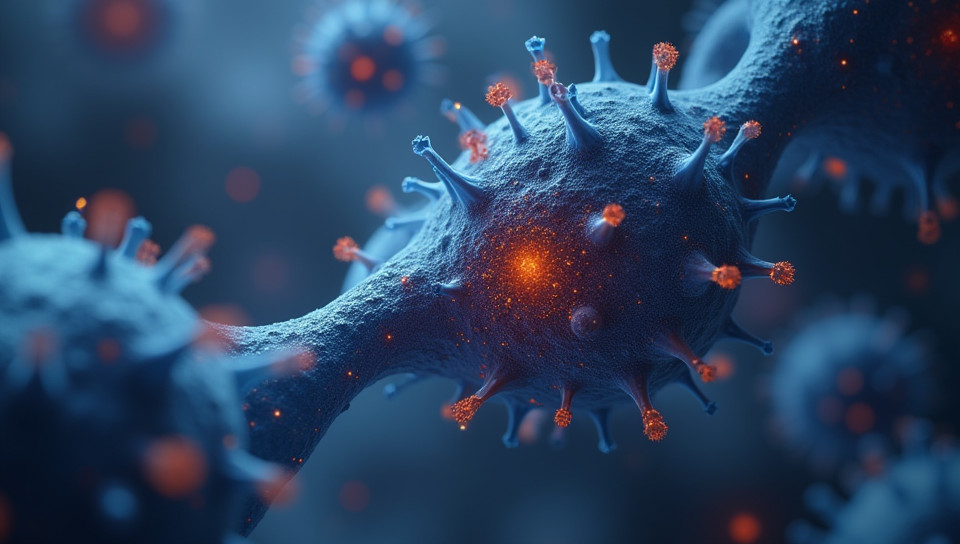CRISPR does not eliminate all genetic diseases 75%

The Promise and Limitations of CRISPR Technology
Genetic diseases have long been a source of suffering for millions of people around the world. The discovery of CRISPR, a powerful tool for editing genes, has brought new hope to scientists and patients alike. But while CRISPR has shown remarkable promise in treating certain genetic disorders, it is essential to acknowledge its limitations and the reality that it will not eliminate all genetic diseases.
What is CRISPR?
CRISPR (Clustered Regularly Interspaced Short Palindromic Repeats) is a gene editing tool that allows scientists to make precise changes to an organism's DNA. This technology has revolutionized the field of genetics and has opened up new possibilities for treating genetic diseases. By using CRISPR, researchers can edit genes that cause disease, effectively "curing" the condition.
The Benefits of CRISPR
The benefits of CRISPR are numerous:
- It is highly specific and efficient
- It allows for precise editing of genes
- It has shown promise in treating a range of genetic diseases, including sickle cell anemia and muscular dystrophy
However, despite its potential, CRISPR is not a silver bullet. It has limitations that must be acknowledged.
The Limitations of CRISPR
While CRISPR has shown remarkable promise in treating certain genetic disorders, it is essential to acknowledge its limitations:
- It is still a relatively new technology and requires further research and development
- It can have off-target effects, meaning that unintended parts of the genome are edited
- It may not be effective for all types of genetic diseases
The Future of CRISPR
Despite its limitations, CRISPR remains an exciting area of research with significant potential. As scientists continue to refine this technology and push its boundaries, we can expect to see new treatments and therapies emerge.
Conclusion
While CRISPR has shown remarkable promise in treating certain genetic disorders, it is essential to acknowledge its limitations. This technology will not eliminate all genetic diseases, but it will undoubtedly play a significant role in the treatment of many conditions. As scientists continue to refine this technology and push its boundaries, we can expect to see new treatments and therapies emerge. With careful planning, research, and development, CRISPR has the potential to revolutionize the field of genetics and improve the lives of millions of people around the world.
- Created by: Xīnyí Wong
- Created at: Jan. 13, 2025, 6:51 p.m.
- ID: 17827









